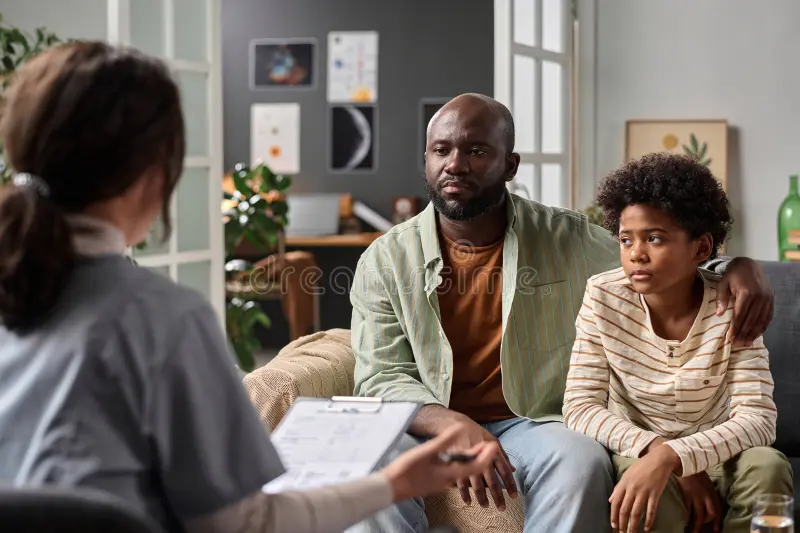24/7 Helpline:
(866) 899-221924/7 Helpline:
(866) 899-2219
Learn more about PTSD Treatment centers in Roscoe
PTSD Treatment in Other Cities

Other Insurance Options

WellCare Health Plans

Choice Care Network

Group Health Incorporated

BHS | Behavioral Health Systems

CareSource

American Behavioral

Lucent

Multiplan
Beacon

Health Net

Ambetter

Optima

Magellan

Health Choice

Sutter

Amerigroup

EmblemHealth

Regence

CareFirst

Health Partners










